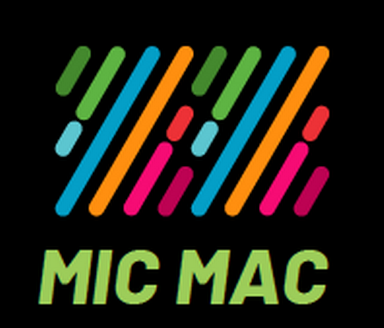
COVID-19 accelerated the penetration of the digital into all aspects of modern life – shopping; supply chains; banking; work; health and education and training. This amplified ‘dual exclusion’ – a process whereby poor access to digital technologies, limited digital skills and poor quality of digital life are both caused by AND exacerbate social inclusion. Meanwhile the pandemic spotlighted a lack of trust in covid-19 official information and a growing ‘infodemically vulnerable’ population with not enough of the media and information literacy skills needed to distinguish between reliable and unreliable and information. This vulnerability has been linked to structural social inequalities around age, gender, education and income and highlights a broader set of issues around how citizens – particularly those from ‘vulnerable groups’ – distinguish online fact from fiction, what gaps exist in their media and information literacy skills and how these gaps can effectively be addressed. To help address these gaps MIC-MAC – “Using micro-learning to train educators – a cascade approach to media and information literacy” – takes a ‘train the trainers’ approach – supporting educators who work with vulnerable groups to acquire the media and information literacy competences needed to work more effectively in teaching and learning situations, so as to in turn improve the media and information literacy competences of these groups.
MIC-MAC combines two overarching methodologies: design thinking’, focusing on the user perspective and involving users as co-producers of learning content and ‘theory of change’, focusing on identifying the ‘mechanisms’ that are expected to lead to successful outcomes. Within this overall framework, the project uses ‘situational knowledge-based’ learning and a combination of micro-learning, blogging and an interactive game to deliver its training programme.
Partners:
Co-ordinator: Associação Godinhela, Portugal
Arcola Research, UK
University of Salamanca, Spain
Spherical Pixel, Spain
Smart Bananas soc. Coop, Italy
Hogskolan I Skovde, Sweden
This project is funded by the European Media and Information Fund (EMIF), grant agreement: 268745